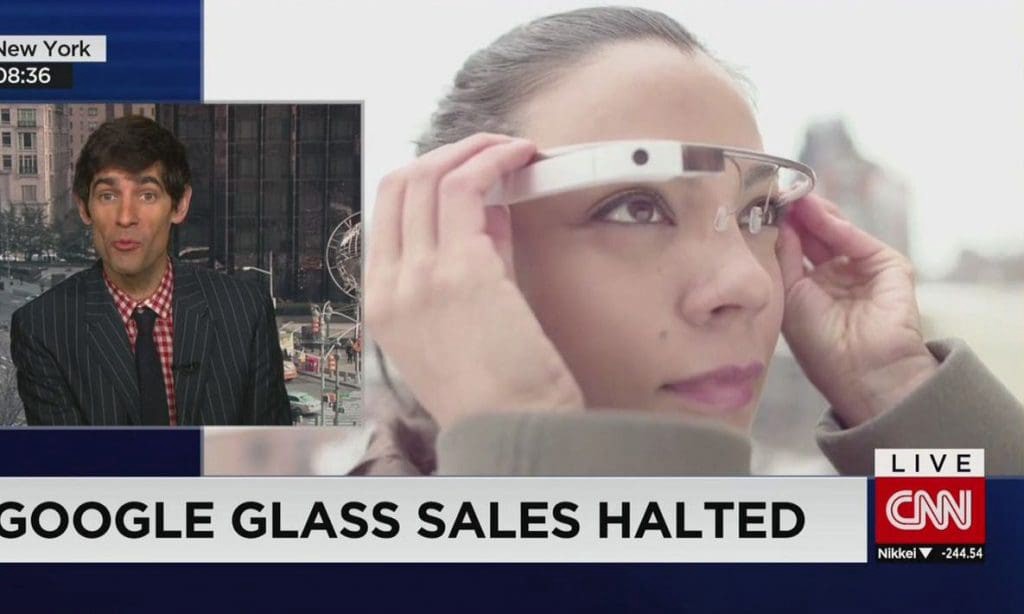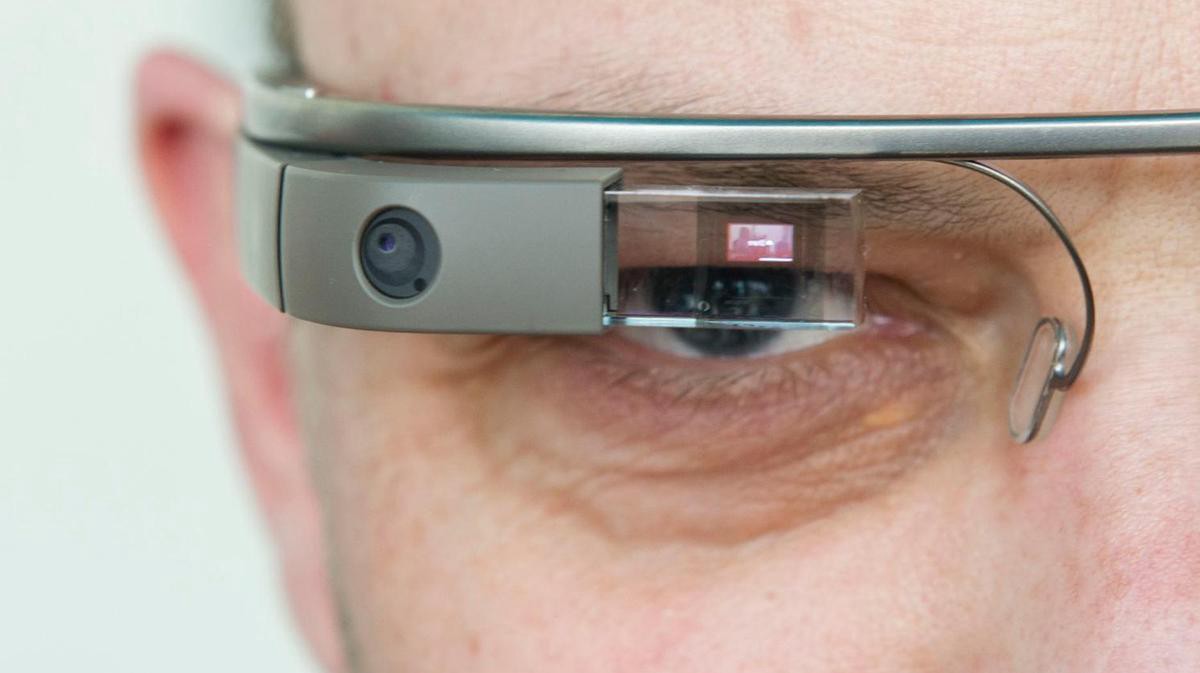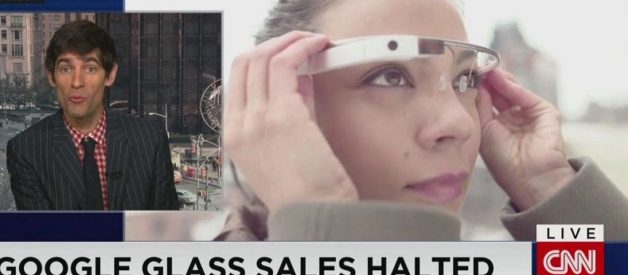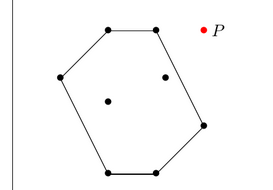When I think of an innovative product that failed Google Glass comes to mind. It was one of the most hyped technologies that surprisingly flopped; I heard so many people talking about it before it was accessible. Unfortunately, the Glass failed because the creators neglected to define and validate the users and what problems it was solving for them. Instead they assumed the product would sell itself even without real solutions or value, that its hype would be enough to appeal to everyone.

Lack of consensus where Google Glass would be used
There was no consensus among the creators about the core use cases of Google Glass. One group argued that it could be worn all day as a fashionable device while another thought it should be worn for specific utilitarian functions. Either way, both believed that Glass? hype would compel users to believe in the product and use it accordingly. However, both groups assumed that Google Glass would be worn in public and be acceptable or even cool without validating whether its ?hype? could overpower users? needs and concerns in the real world.
Although the product is visionary, the designers did not take into account that the average user might not want to wear a piece of technology out in the world, that it might make people uncomfortable. Moreover, they ignored the idea that the aesthetic design might turn most people off; they assumed people would choose a hyped product no matter what. They needed to test their prototype through observations and engage with potential users to modify or redesign accordingly.
Google Glass supplemented little progress to users = it was a product with questionable value
The designers failed to clearly define what advancement they were providing for their target users. Once Google Glass was released, it did not provide meaningful benefits to its first users, a select group who paid to be early adopters. Its two main functions allowed you to quickly take pictures or scroll through the internet but with a two to three hour battery life there was no way Google Glass could compete with faster processors and superior cameras that did not seem socially unacceptable to use and wear in public. Google Glass did not provide enough advancement for users compared to older technologies making the product a useless supplementation to their daily lives.
The creators should have done more competitive research about what benefits the product could offer to the market. Then they would have been able to clearly identify and create hypotheses about how the product would enhance users? lives.
Lack of consensus HOW Google Glass would be used
With the advancement of smartphone technology, Glass? camera feature was incorporated based on the assumption that users want a better way to take photos spontaneously, without a separate device.
Was Google Glass the best way to solve this problem? As a flashy piece of technology that limited people have access to? Not only did the wearer seem elitist but also creepy with a camera pointed at whoever they were having a conversation with.
 Socially acceptable? Is he recording me?
Socially acceptable? Is he recording me?
Was it even the right problem to solve? This goes back to the question of defining the target user?
The product was created based on un-tested solutions for a problem and target market that was not validated. Google Glass would have been more successful if its designers had done market research to validate: their users, the problem they were trying to solve, and the solutions Glass would provide.
Takeaways
In an exploding digital market, emerging technologies need to have clear value to their users by solving problems.
The failure of Google Glass is due to the lack of clarity on why this product exists. The designers did not clearly define or validate: the users? problems, what solutions Google Glass would provide for its users, or how customers would use the glasses. This revolutionary product never succeeded because users could not figure out why they needed it in their lives.

